
‘Sonic branding’ and other ways food marketing keeps you hooked
Video by the Institute of Art and Ideas

Video by the Institute of Art and Ideas


Directed by Steven Fraser

Researchers studied the effect of slow breathing on people’s brain activity while they experienced anticipatory anxiety
by Christian Jarrett
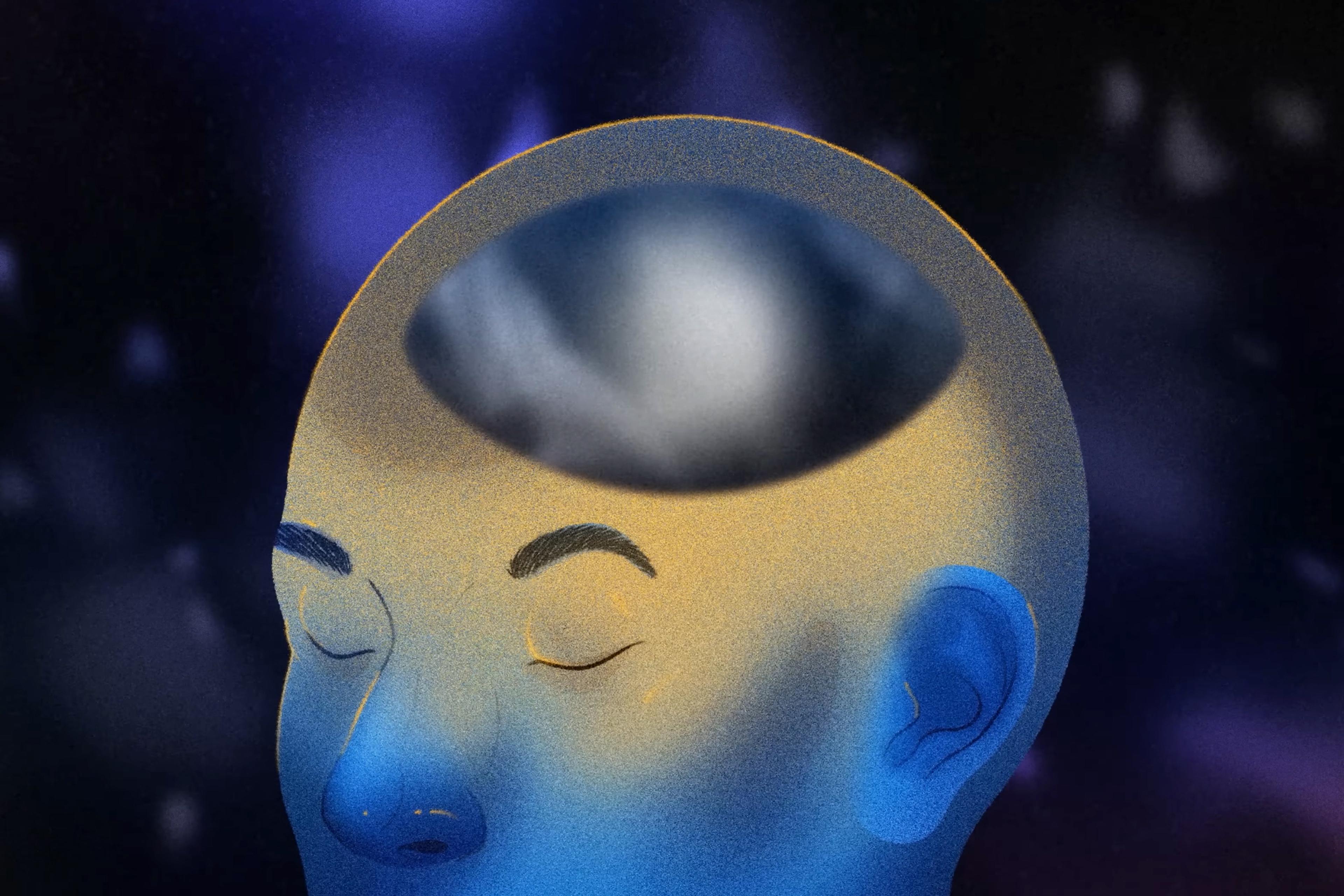
Video by Quanta Magazine
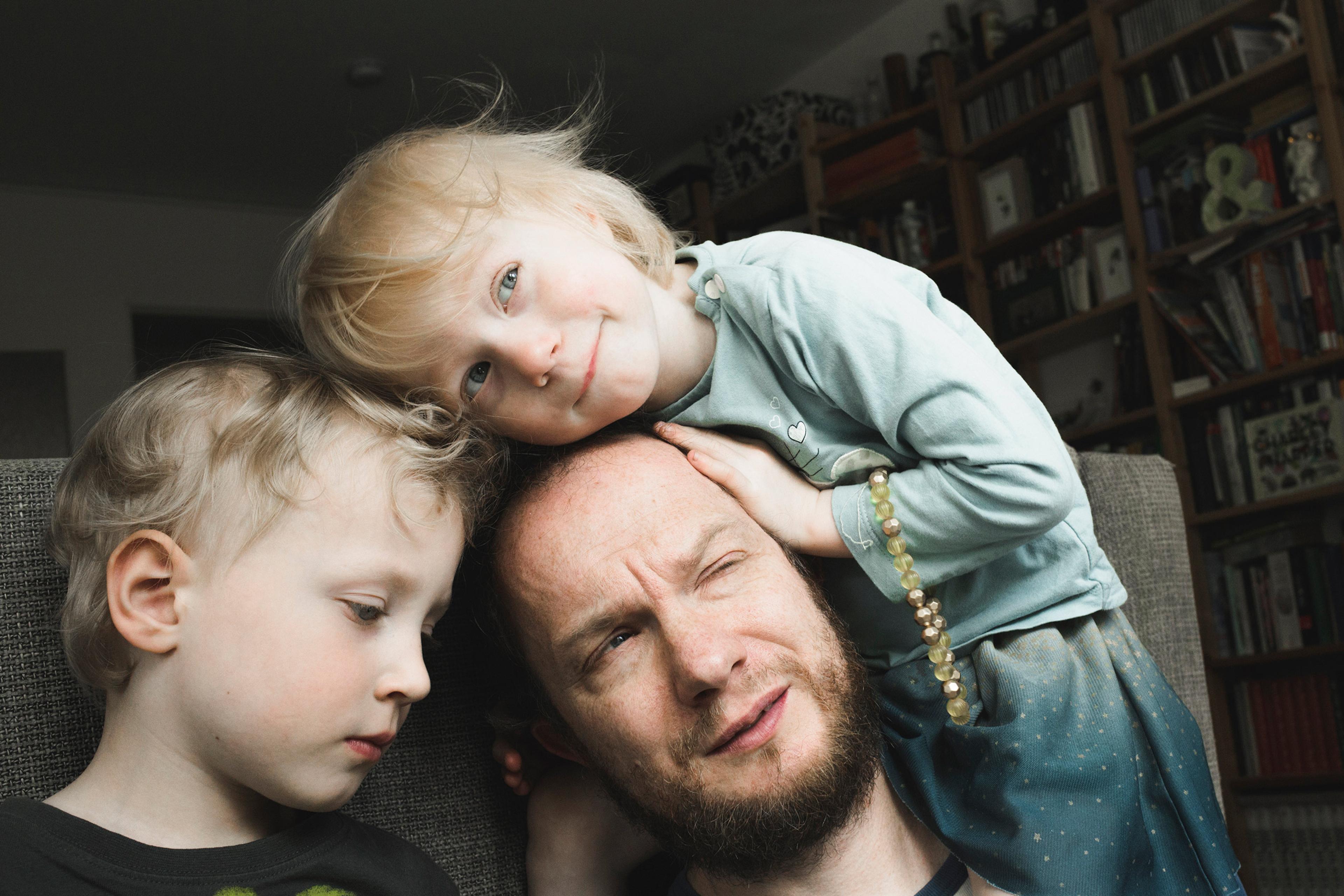
As the father of twins, I could hardly feel more frazzled. But my brain age might paint a different, more youthful, picture
by Christian Jarrett

Whether or not you have a diagnosis of Tourette Syndrome, a powerful self-help approach can make a difference within a week
by Paul DePompo
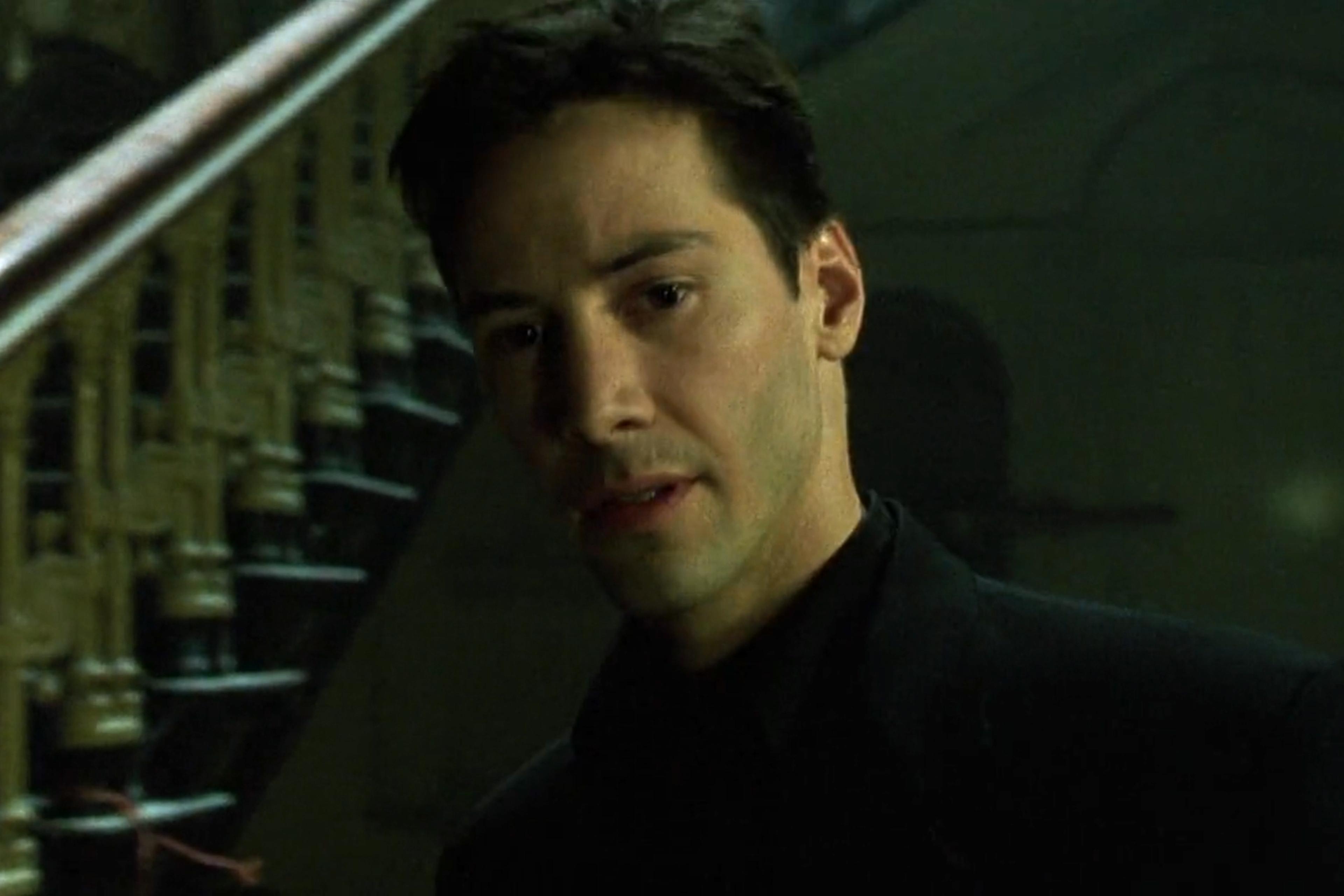
Video by BBC Ideas

Seizures are often described as both terrifying and enthralling. Mine gave me a wondrous new take on consciousness and agency
by Webb Wright
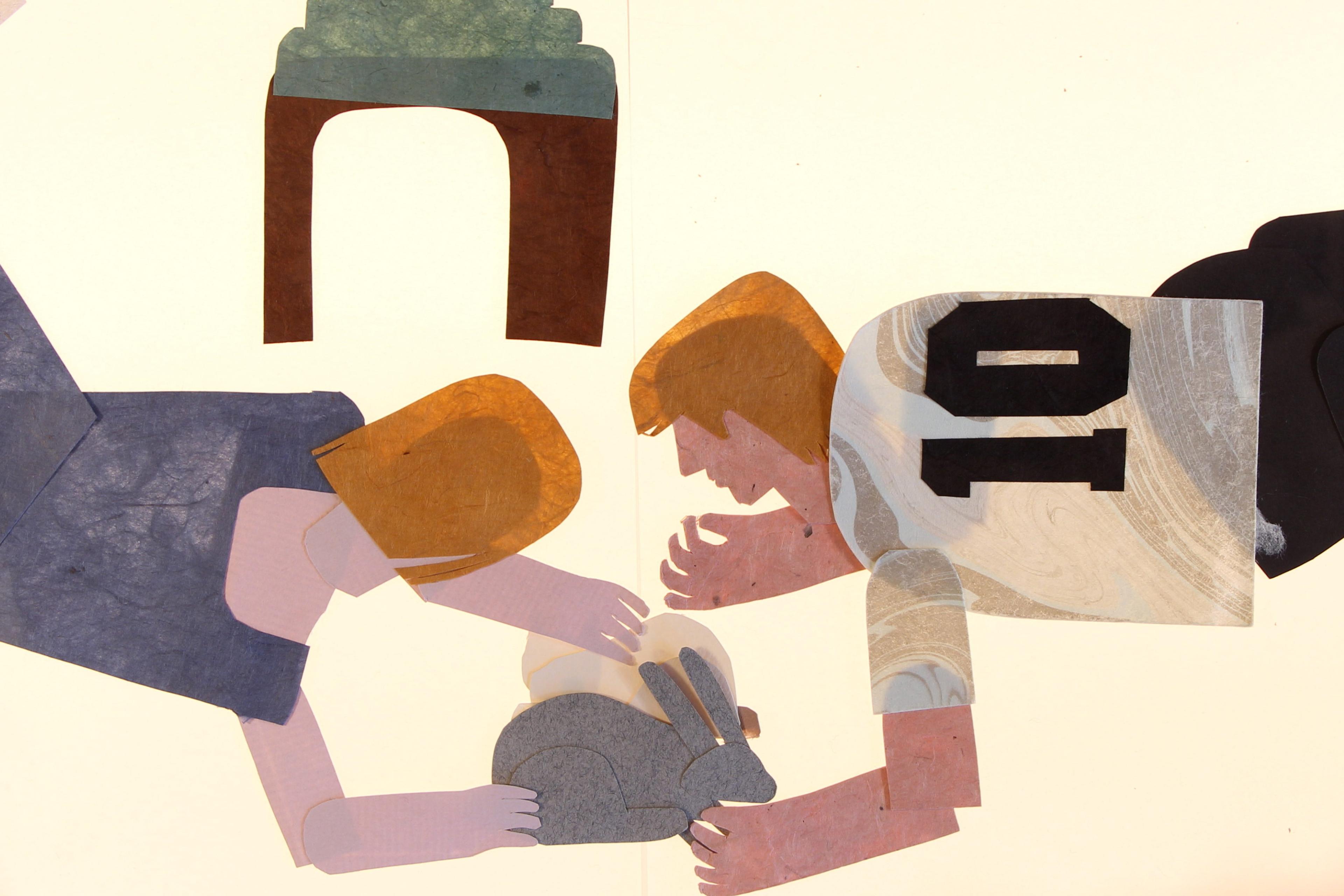
A film by Case Jernigan

Studies of young children give us insight into the building blocks of an ability that most of us use every day
by Josephine Ross & Martin Doherty

When your own thoughts discourage and undermine you, it’s easy to get tangled. A change of strategy could get you past it
by Joe Oliver & Kristy Potter
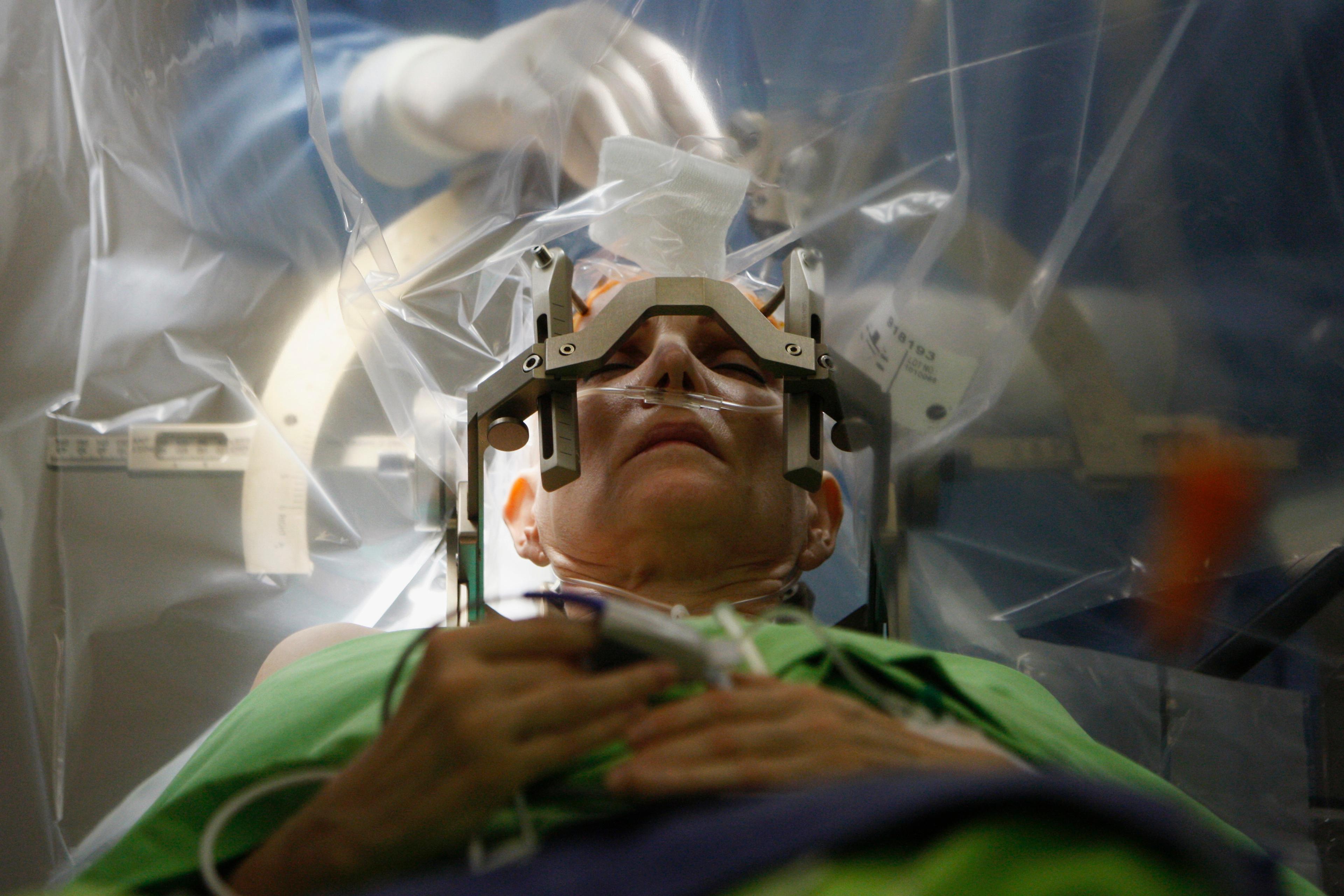
I’ve cut brains in half, excised tumours – even removed entire lobes. The illusion of the self and free will survives it all
by Theodore H Schwartz
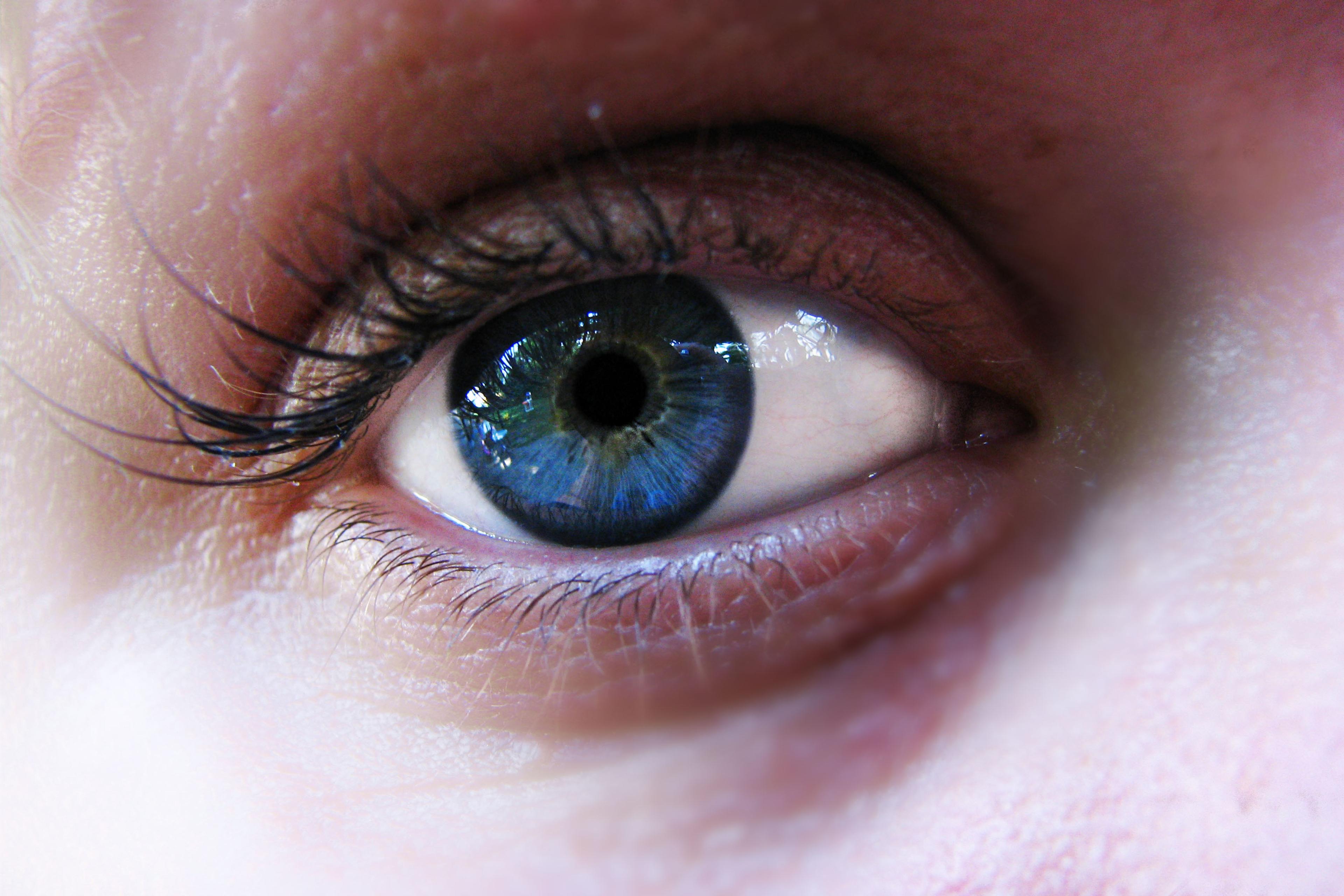
From mental effort to the content of a person’s imagination, these tiny apertures reveal far more than you might realise
by Christoph Strauch

The desire is partly whimsical, but a brief shapeshift across the taxonomic gulf could help us better empathise with animals
by Bryony Tolhurst

Time pressure and the limitations of memory compel you and your listener to engage in a fascinating linguistic trade-off
by Julie Sedivy